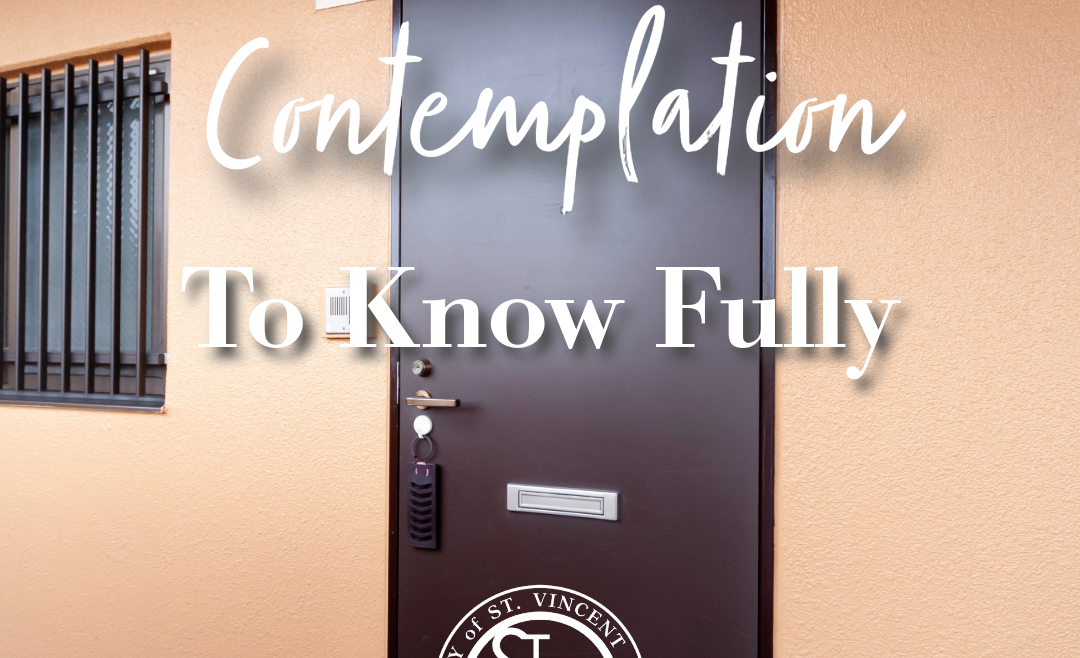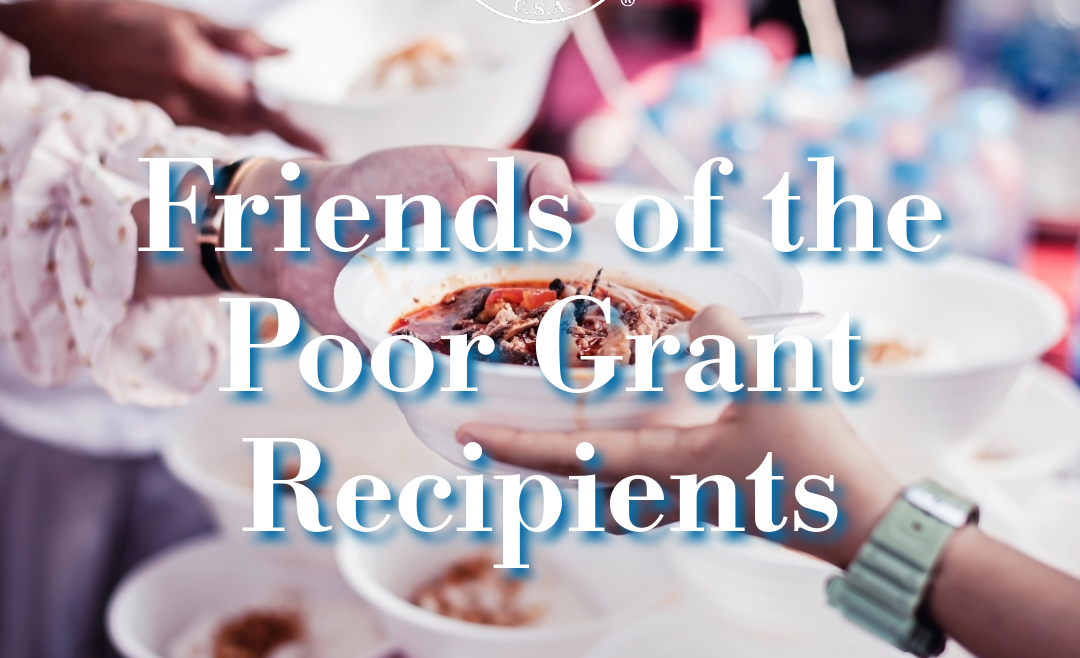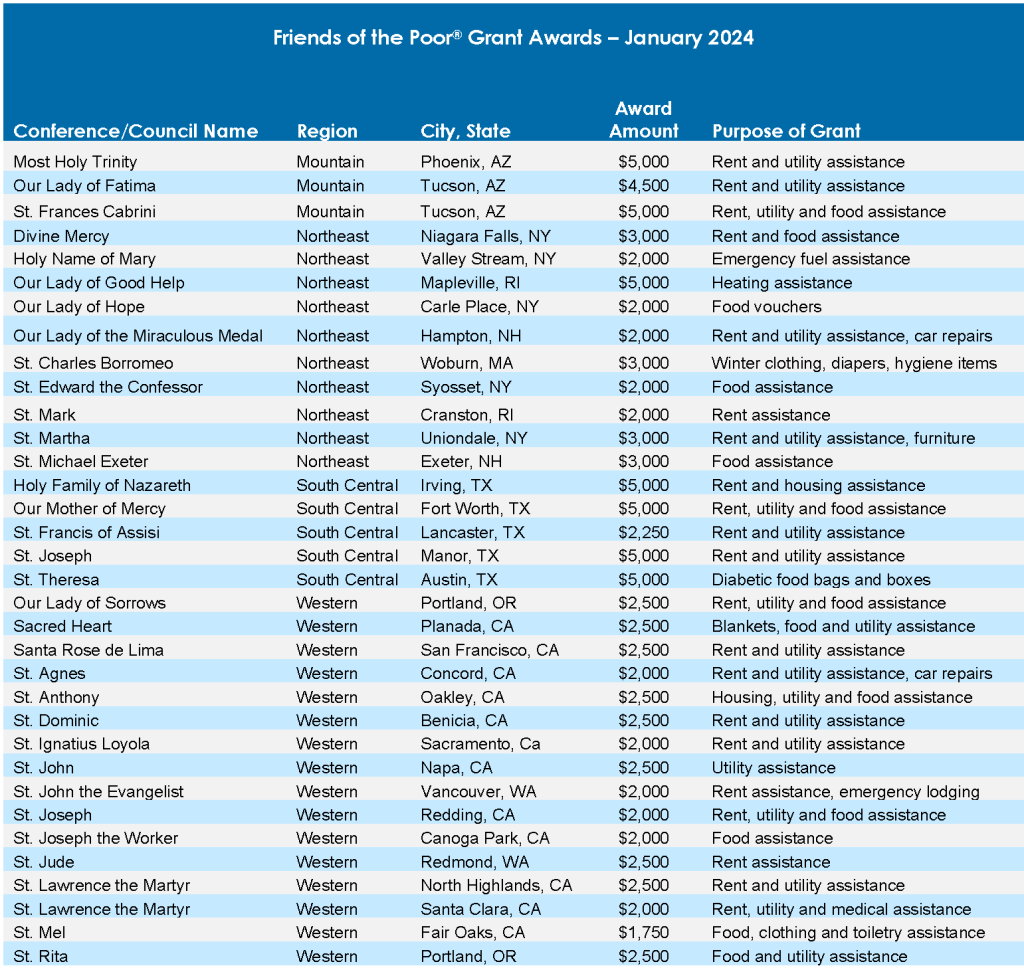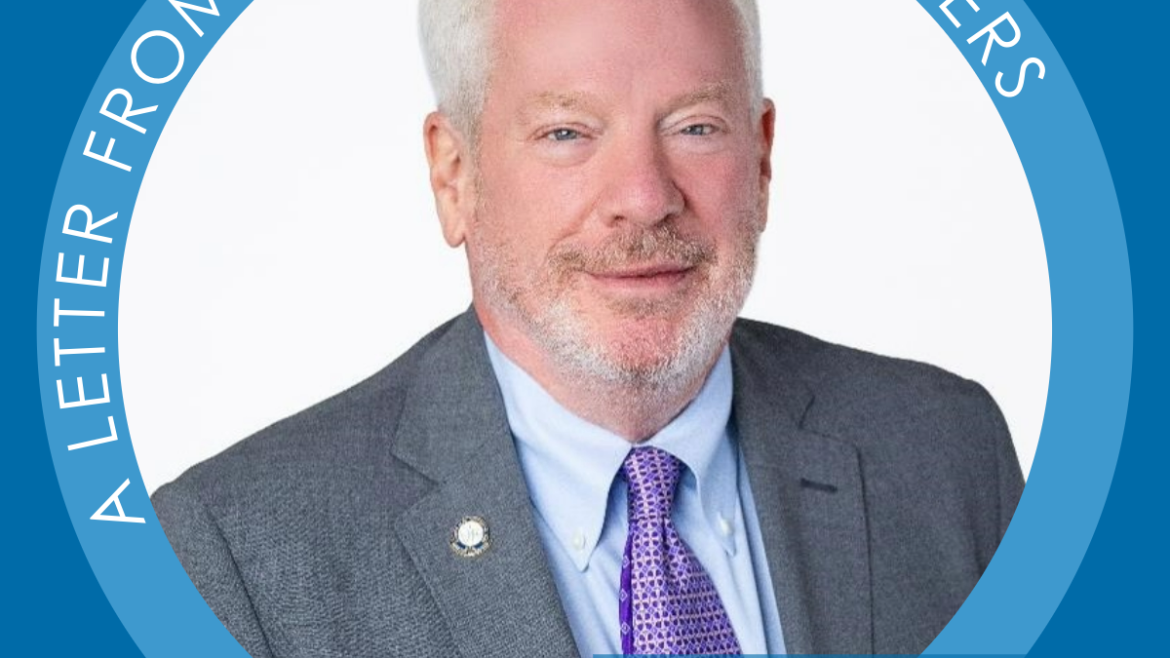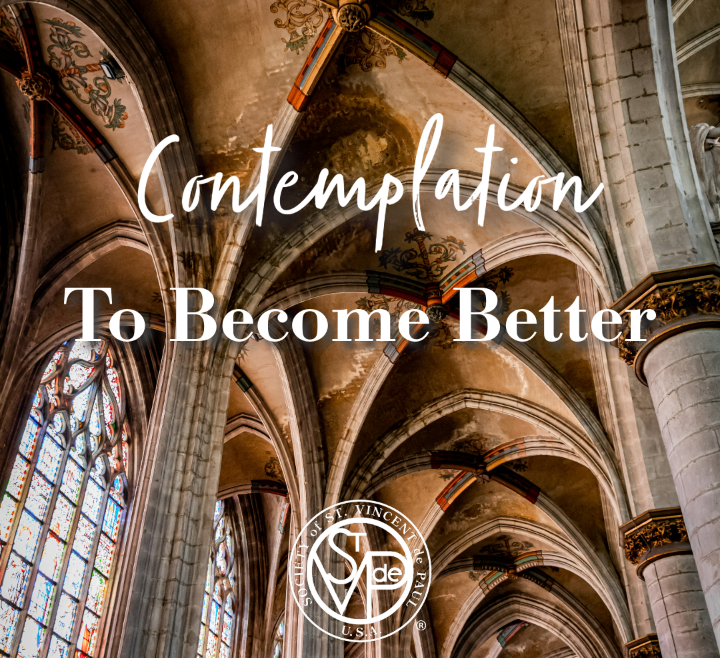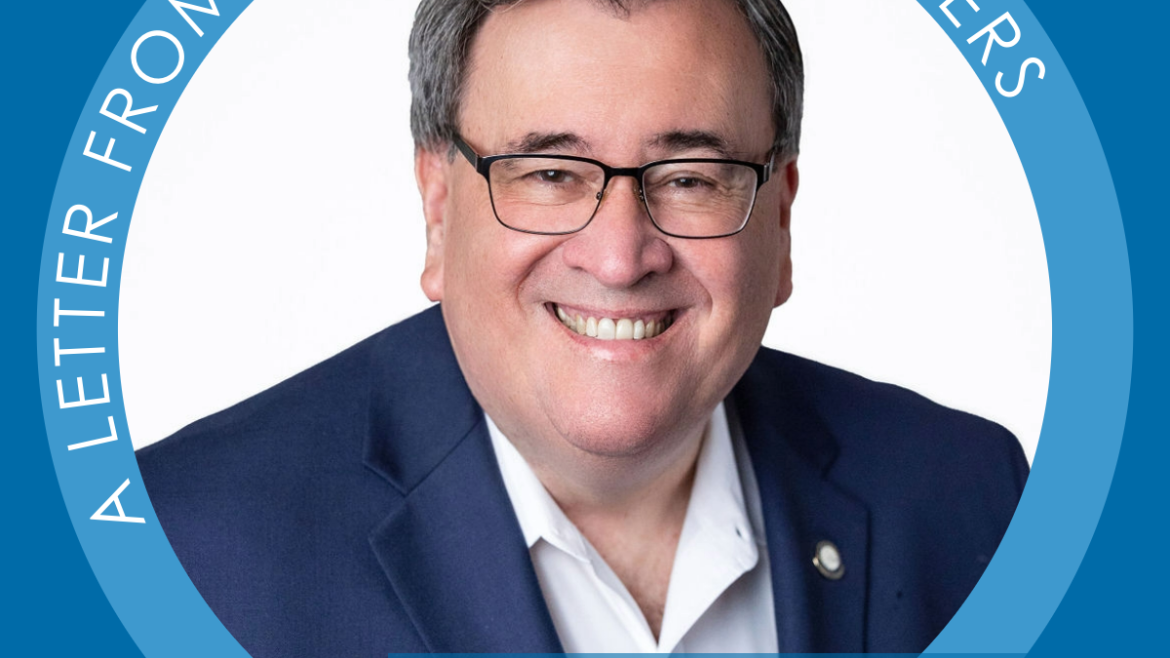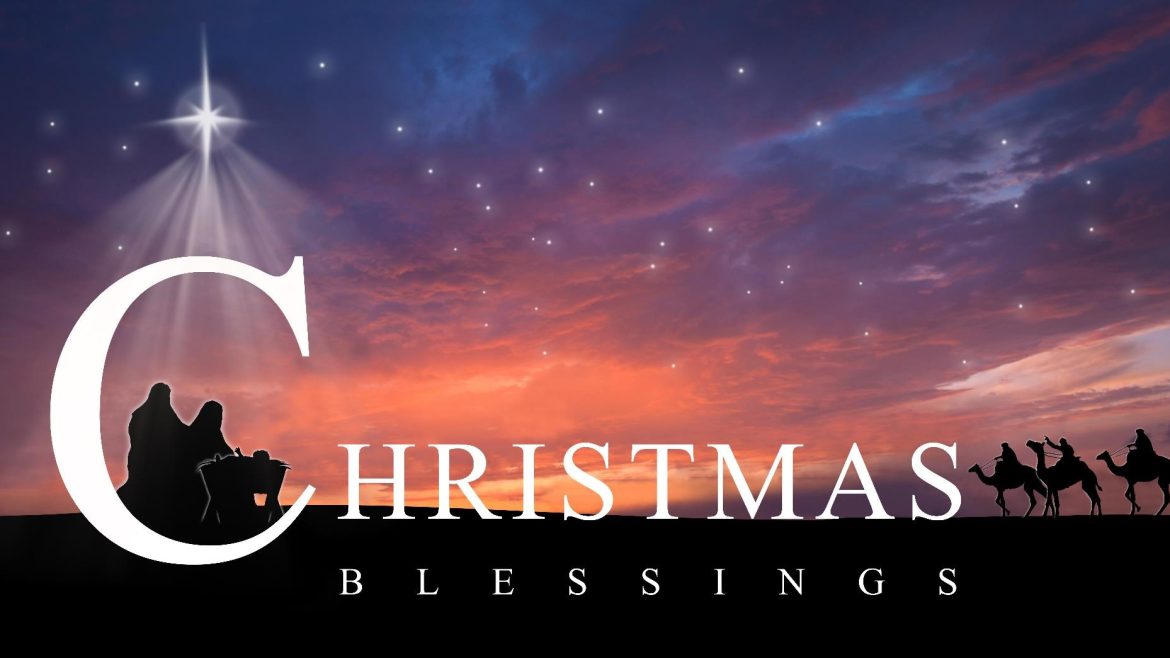“Excuse me if I’m late in writing to you, but it’s the fault of my laziness.”
– Blessed Pier Giorgio Frassati
If you know me… I am sure you just read that line and laughed to yourself. I constantly find myself running from one thing to the next… and usually late. I stumbled upon this quote on Facebook as I was multitasking: watching a webinar “Successful Strategies to Engage Black Catholic Young Adults,” catching up on emails, and eating my first meal of the day. (Did I mention it is 8:36PM?) I then found myself doing a deep dive through the World Wide Web trying to fact check this quote… because it seemed too good to be true coming from a Blessed. I have always been inspired by how human our Saints and Blesseds were. (Maybe there is hope for me yet… despite my chronic lateness!) Did you know Blessed Pier Giorgio Frassati was named patron of Vincentian Youth in 2017? In the 1920s, Frassati was a young Vincentian involved in a SVdP Conference. He enjoyed visiting neighbors in need and had an unwavering love for the poor.
Unfortunately, it seems that this quote attributed to Blessed Frassati was one of those quotes inspired by knowledge of him, but not actually something he said. But while reading further, I found this validation, “He was often scolded for being late for meals, but he never revealed that his tardiness was due to feeding the poor, running errands to buy them medicine, or finding widows and their children a place to stay for the night.” Clearly he was not lazy, but doing all he could and as much as he could for those in need. As Vincentians, I know many of us can relate.
It is an honor to be able to write a Servant Leaders column. I promise my procrastination in writing this was not due to laziness, but to prioritizing serving our neighbors in need, as well as filtering through the numerous thoughts I wanted to share with you all.
Starting the year off, some of our young adult Vincentians had the opportunity to attend SEEK — a Catholic event hosted in St. Louis for College Catholic Students. There were over 20,000 young people present. SEEK is the perfect way to start off the new year. The joy of Christ radiates the space with young people passionate to find their way through this crazy world guided by their faith. You may have seen some of the videos on social media about just how generous and selfless some of these young people were. There was a request shared prior to the event, challenging the young adults to “Pack for the Poor.”
Planning ahead isn’t necessarily every young persons’ strength, so during the event, we had a sign with the challenge, “Would you give the shirt off your back?” We thought this was a great conversation starter, and even a way to encourage these young people to return another day with items of clothing that they no longer wanted or needed, as many purchased new items at the gift shops and vendor tables. But, to our surprise, every time we turned around, we saw someone else removing their t-shirt or taking off a layer and leaving it in the pile. It was truly inspiring. Our workshop had a full house, with over 600 young people attending. (I promise you, we spoke to many many young people who are eager to find ways to get involved back home!) Reach out to your local Catholic universities, Newman Centers, Diocesan and Parish Young Adult groups, and young people in parish pews. Invite them to serve alongside you.
As I continue to write this and listen to this webinar on engaging young adult black Catholics, everything they are discussing is the same across the board. If we truly want younger and more diverse members, we need to do better. We need to invite. We need to make space. We need to listen. We need to make new members feel welcome and encouraged. Don’t be afraid of a little change. New ideas and perspectives can inspire and uplift. Let the Holy Spirit be the driving force, and don’t be afraid to invite someone, and don’t be afraid to invite them again. Look even within our own families, our children and grandchildren, our friends, our parishioners. Tonight I received a text from a friend jokingly with an invite for an event, “… I suppose we can just keep going back and forth with these invites, until one of us gives in…” Sometimes it is just not the right time. We have to be understanding and patient; personal invites are always what works. When the time is right, the Holy Spirit will give them the nudge.
Flipping back to my open tab on Frassati, I read on. He encouraged his college classmates in a speech on charity to join Conferences. This brought me back to standing on the stage a few weeks ago talking to our SEEK audience, “I don’t know if you are all aware of these institutions that were so marvelously conceived […]. It is a simple institution suitable for students because it does not involve commitment apart from being in a particular place one day a week and then visiting two or three families every week. You will see, in just a little time, how much good we can do for those we visit and how much good we can do for ourselves.” (Now, most Conferences meet less than once a week!) Honestly, if it wasn’t for these personal encounters with those we serve, I honestly don’t know if I would continue serving as a Vincentian.
There was a time Blessed Frassati was frustrated within his Conference for abandoning a needy family, and so he resigned and joined another Conference. As a Vincentian for almost 10 years now, I can relate to this. Although in my heart, my want to abandon and resign is always outweighed by my passion to help and encourage a change of heart for my Vincentian friends. Although sometimes Conference meetings can be discouraging, I find immense inspiration from the young members in one of the youth Conferences I help facilitate. On their days off from school, they often volunteer at various capacities on projects or offer their time to shadow on Home Visits. Although when first beginning, they didn’t have an understanding of poverty. Throughout the years, through encounters, poverty education, and long discussions, I am constantly impressed by their forward thinking, generosity, and compassion.
In a recent situation, we were presented with an opportunity to help a family with their last steps out of generational poverty. This young mother is embarking on her last semester of nursing school, and is steps away from the finish line, but a health situation set her a few steps back. Something like education can be hard for some to feel as an essential need when others do not have food or roofs. It was encouraging to hear these young Vincentians explain the importance and life-changing assistance we could provide to this family; helping not only this young mother, but opening doors for the future of her two small girls.
It is so frustrating to see how these young people were able to grasp this so quickly, and my Conference didn’t seem to see it at all. I challenged these young Vincentians with some of the responses I received from my Conference, and their responses were so eloquent. This work is not too mature for high schoolers. Young people can begin serving as early as they feel comfortable. The conversations and works may look and sound different, but the younger we begin talking, educating, and advocating, the more young servant leaders are developed. Someone on the webinar remarked, “The Church needs young people and young people need the Church.”
I know the last few columns have been focused on change — Let’s change our mindsets. Let’s change our attitudes. Let’s change our hearts. Let’s change the world.
God Bless,
Kat Brissette
2nd Vice President and National Vice President of Youth, Young Adults, and Emerging Leaders
PS: This message was brought to you Kathleen, caffeine, and the Holy Spirit!


